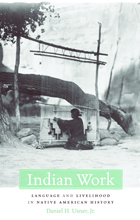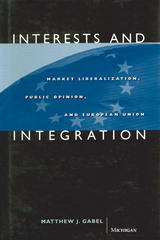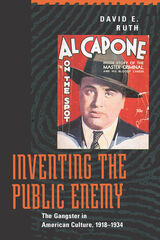Paper: 978-0-674-29235-2
“Suspicion of foreigners goes back to the earliest days of the republic…Kraut traces how different ideologies would be considered intolerably dangerous according to the dominant fears of a given era. Anarchism gave way to communism; communism gave way to Islamic radicalism.”
—Jennifer Szalai, New York Times
“Magisterial and well written…A gripping, expansive story that traces the consequences of suspicions of ‘un-American’ ideologies and loyalties in federal jurisprudence from the War of 1812 through the still-raging War on Terror.”
—Rachel Ida Buff, Journal of Interdisciplinary History
“An original, comprehensive history of one of the most pervasive and insidious forms of political repression in the United States—one few Americans know anything about.”
—Michael Kazin, author of War Against War
Beginning with the Alien Friends Act of 1798, the United States has passed laws in the name of national security to bar or expel foreigners based on their beliefs and associations. From the War on Anarchy to the War on Terror, the government repeatedly turns to ideological exclusions and deportations to suppress radicalism and dissent.
Threat of Dissent delves into major legislation and court decisions at the intersection of immigration and the First Amendment without losing sight of the people involved. We follow the cases of foreign-born activists and artists such as Emma Goldman and Carlos Fuentes, meet determined civil rights lawyers like Carol Weiss King, and discover how the ACLU and PEN challenged the constitutionality of exclusions and deportations. While sensitively capturing the particular legal vulnerability of foreigners, Julia Rose Kraut reminds us that deportations are not just a tool of political repression but a deliberate instrument of demagogic grandstanding.
See other books on: Deportation | Dissent | History Ideological Exclusion | Kraut, Julia Rose | Threat
See other titles from Harvard University Press












